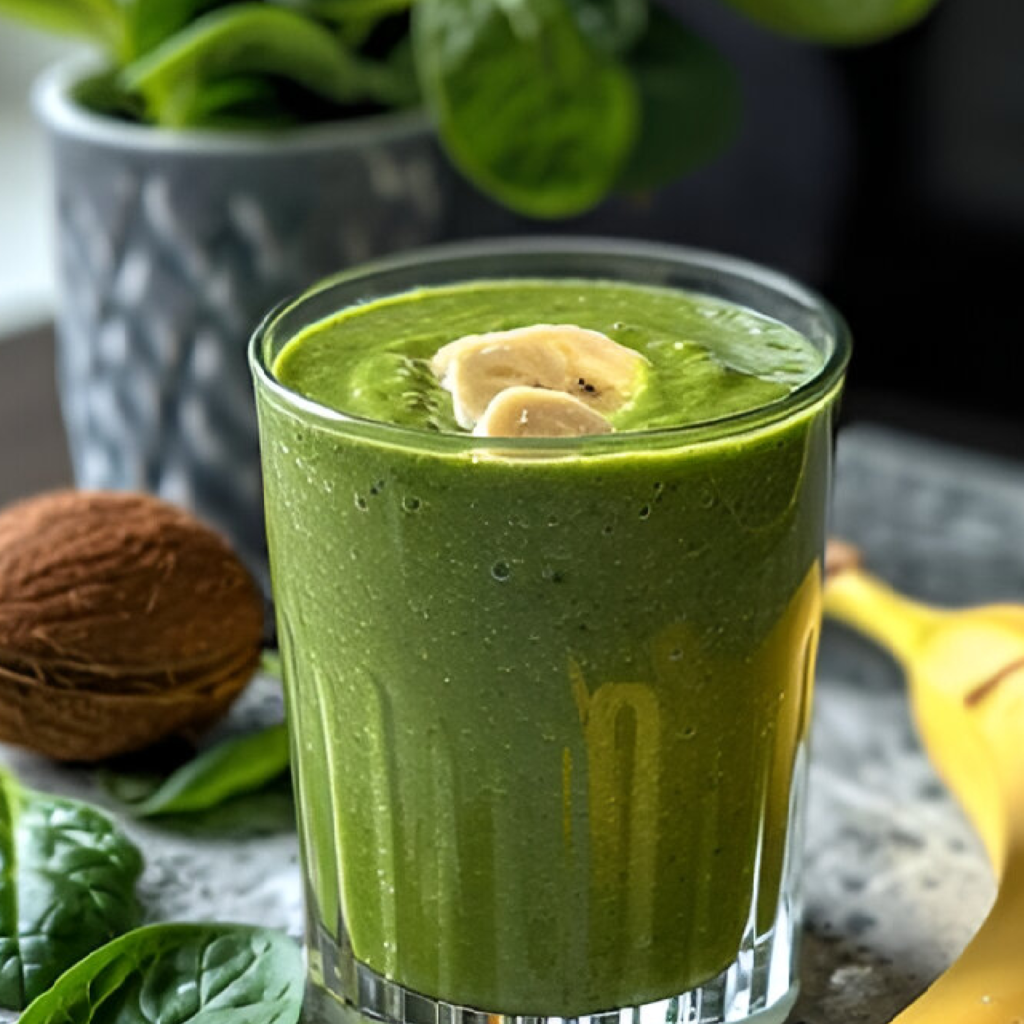Deprssion Treatment
Everyone feels low from time to time, so it’s not always easy to know when it is part-and-parcel of daily life, and when it’s time to seek help. In most cases, it is short-term and self-correcting, but for a significant minority this is not the case. For those individuals, it is important to seek treatment just as you would any other health condition. Here we discuss six warning signs which, together, might indicate that it’s time to seek professional help.
Depression, like many mental health conditions, follows ‘the rule of thirds’: One third of sufferers will make a full recovery, one third will partially respond to treatment, and one third will not benefit from treatment at all.
Treatment Process
Your age, the duration of your symptoms, having a family history of depression, and co-occurring mental or physical health difficulties might all affect your prognosis. Some researchers believe that there is evidence for a ‘scarring’ effect, where the likelihood of suffering from a relapse in depression increases with the number of episodes you have already had. There is also an increased risk of suicide associated with severe depression.
We understand it’s difficult to take the first step, but you don’t have to be paralyzed into inaction. We use empirically validated treatments and processes proven to positively impact the effects of depressive disorders.
All Services
Opening Hours
- 08AM-12PM
- Free Day
- 08 AM- 12PM
- 08 AM- 12PM
- 08 AM- 12PM
- Closed




Rise & Hydrate
Warm Lemon Water: Starting the day with a glass of warm lemon water aids digestion and detoxification. Lemon water provides a natural source of vitamin C, which supports the immune system and reduces inflammation.
Herbal Tea Cinnamon is known to improve insulin resistance, making it a great addition to a PCOS-friendly diet. Ginger is another anti-inflammatory herb that supports digestion and helps balance hormones.
Aloe Vera Juice: This refreshing drink helps regulate hormones and aids in digestion, which is often impaired in women with PCOS. Aloe vera also has detoxifying properties, improving skin health and reducing bloating.
Green Tea: Green Tea is a highly beneficial drink due to rich antioxidants, particularly catechins, which reduce inflammation, improve insulin promote hormonal balance. Its detoxifying ability boost metabolism & overall health.
Early Bite
Oats with Chia Seeds and Almonds: Oats are rich in fiber, improving insulin sensitivity—a key factor in managing PCOS. Chia seeds offer omega-3 fatty acids, reducing inflammation, while almonds provide healthy fats and protein to keep you full longer.
Greek Yogurt with Berries: Greek yogurt is high in protein and probiotics, supporting digestion and weight management. Berries, rich in antioxidants and fiber, help reduce inflammation and regulate blood sugar levels.
Whole Grain Avocado Toast with Eggs: Avocados supply healthy fats essential for hormone regulation, while eggs are a great source of protein and vitamins like D and biotin, both beneficial for women with PCOS.
Smoothie : This smoothie offers fiber, protein, and healthy fats. Spinach provides iron and magnesium, flaxseeds add omega-3s and fiber, promoting hormonal balance and keeping you full.








Afternoon Plate
Quinoa Salad with Grilled Chicken/Fish and Vegetables: Quinoa is a complete protein and rich in fiber, making it an excellent choice for PCOS management. Paired with lean protein like grilled chicken or fish, and a variety of vegetables.
Lentil Soup with Mixed Vegetables: Lentils are an excellent plant-based protein and are rich in iron, which is important for women with PCOS. This fiber-rich meal helps improve digestion and regulate blood sugar.
Whole Wheat Wrap with Hummus, Fresh Vegetables: A balanced wrap provides a mix of protein, fiber, and healthy fats. The whole wheat wrap offers slow-digesting carbs that prevent spikes in blood sugar.
Brown Rice with Sautéed Greens and Grilled Salmon: Salmon is rich in omega-3 fatty acids, which help reduce inflammation and regulate hormones.
Night Feast
Stir-fried Mixed Vegetables with Quinoa: A colorful mix of carrots, peppers, and zucchini stir-fried with garlic and ginger, served with quinoa for a complete protein and added fiber.
Vegetable Soup with Lentils: A hearty soup featuring lentils and fiber-rich vegetables like carrots and spinach, providing protein and nutrients without causing bloating.
Chickpea Salad with Olive Oil, Avocado, and Mixed Greens: Packed with protein and fiber, chickpeas, avocado, and olive oil support appetite control and hormone regulation.
Spinach and Feta Stuffed Bell Peppers: Bell peppers filled with sautéed spinach, feta, and brown rice for a nutrient-rich, fiber-packed dinner option.







